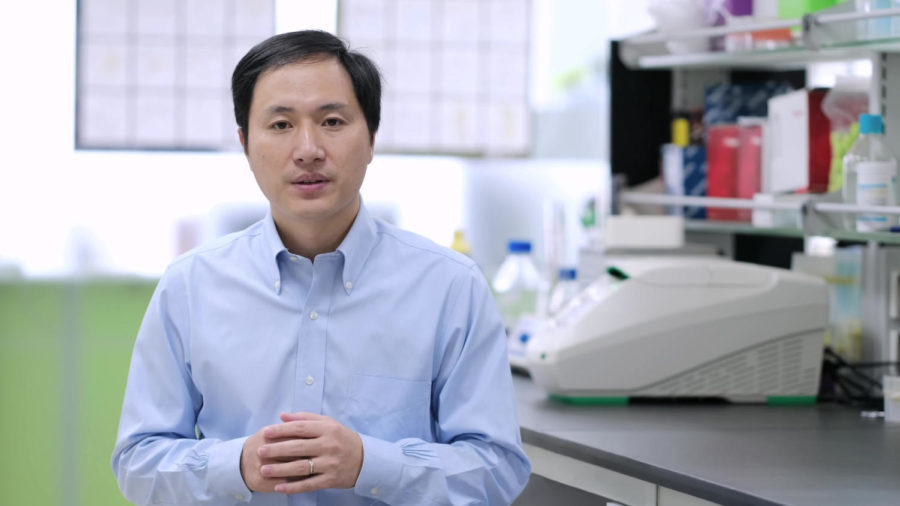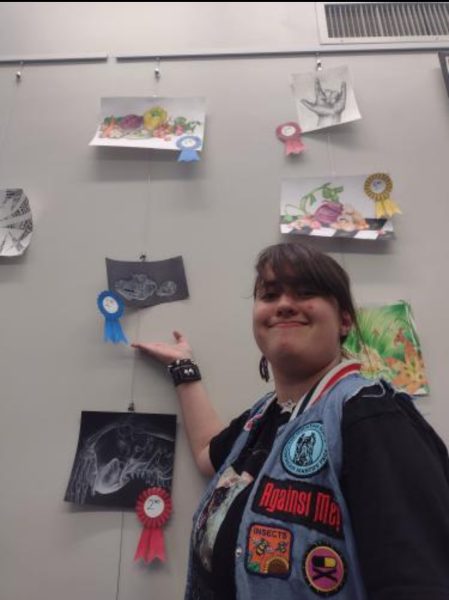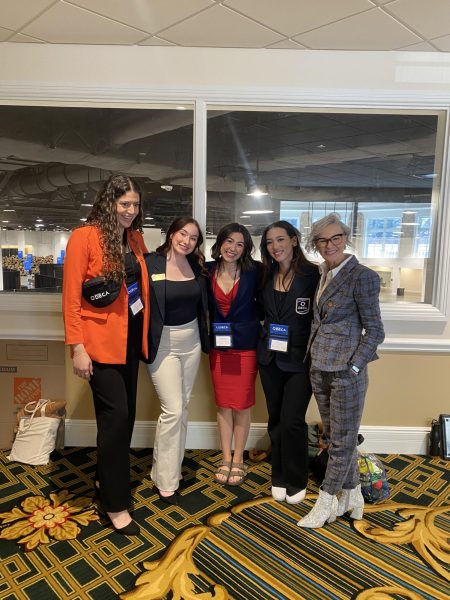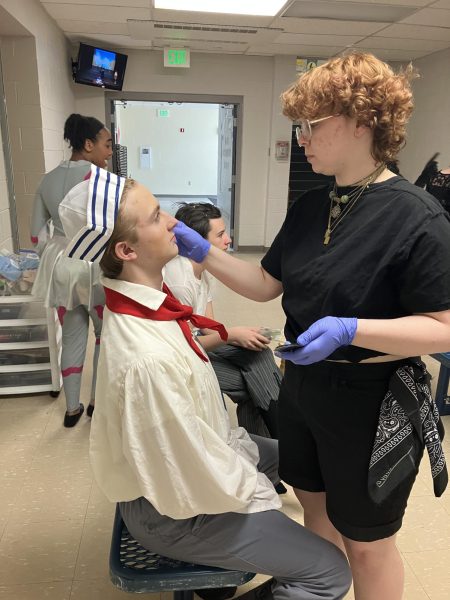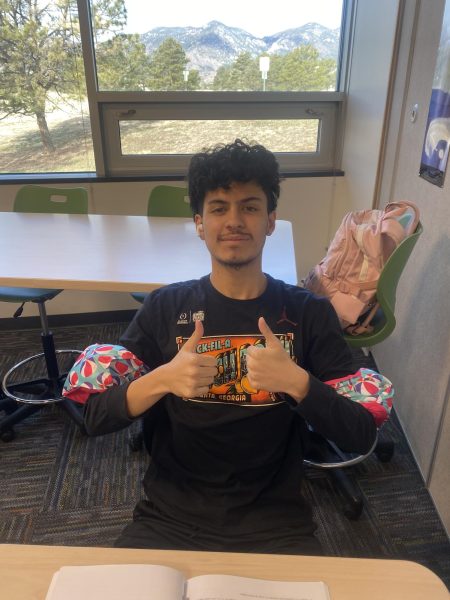Chinese Researcher Claims to Have Genetically Modified Twins
Chinese researcher, He Jiankui of Shenzhen, is claiming to be largely responsible for the worlds first genetically “edited” babies. In early November, twin girls were born whose genes Jiankui claims to have modified. Jiankui is also claiming he “altered embryos for seven couples during fertility treatments,” resulting in one pregnancy and two births.
Jiankui’s gene edit targeted the Human Immunodeficiency Virus (HIV) which can lead to Acquired Immune Deficiency Syndrome (AIDS). Jiankui is claiming his goal was never to prevent or cure this inherited disease; rather, he says he has installed a gene that will give the twins the ability to resist a possible HIV infection. This gene does occur naturally; however, it is extremely rare.
Jiankui’s claims have not been confirmed and he has yet to publish any medical documents in any type of medical journal.
Many researchers have claimed Jiankui’s report is over-exaggerated and rather impossible. However, these claims do bring up a very controversial topic. Directly after Jiankui made his claims, the topic of genetically modifying human embryos became a hot topic of discussion.
Gene editing is currently banned in the United States due to the unknown harm it could cause future generations. Researchers agree the ability to edit human genes would be a profound leap in scientific discovery. However, many disagree about whether or not it’s ethical.
Junior Kelton Hooker disapproved of Jiankui’s claims, stating, “I do not think that that is ethically okay because I believe that God intended for people to be born unedited and made in his image.”
Religion plays a huge part in many peoples minds when deciding what is ethical.
“You’re basically playing God,” said sophomore Joey Polaski.
Genetic modifications are commonly misconceived as being able to determine personality traits and abilities. The CRISPR tool used to change gene sequences in embryos is used only to modify genes coded to prevent viruses. This means parents cannot pre-determine the physical attributes or skills of their child.
“It’s not an abuse of power,” said junior Reaghan Dougherty. “They’re the parents, so they make the decisions and it’s for the greater good.”
While many people agree that gene editing could have enormous benefits, few people state that if given the chance they would genetically modify their children.
“I would say no because I think while sometimes these diseases are hard to watch people go through I think it’s better for them to accept themselves for who they are,” said science teacher Elizabeth Schlichter.
Another aspect is the predictability of the child’s health, “I don’t want to know everything about my kid before they’re born. Part of having a family is getting to know [the child] as they grow up and helping them through any challenges they face,” said Hooker.
When looking only at the science aspect of this ethical dilemma, gene editing is a huge development in scientific research.
The obvious benefits could be “disease elimination and being able to live your life pain free,” said Schlichter. “You could take out harmful diseases and genes which would increase the chances for a healthier society,” added Hooker.
Whether or not Jiankui’s claims are factual, the debate over genetically modifying embryos is intensifying. While scientific research on the subject continues, the decision to modify children’s’ genes could be one facing generations to come.

Wassup! My name is Casey Hogan and I am finally a senior. This is my second year writing for the Jetstream Journal and first year as a Copy Editor. I...



